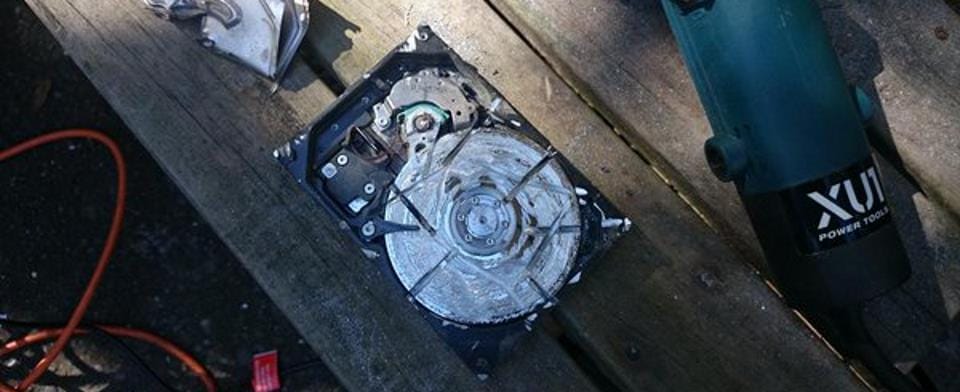Snapchat Guy Was Right

Many moons ago, the web, and particularly blogging was dominated by an idea that Dave Winer swept in to appropriate and relentlessly shill: DELETE NOTHING KEEP EVERYTHING MAKE IT ETERNAL NEVER MOVE IT AROUND.
This prioritised a culture that absolutely fetishised bending over backwards to have everything online and immutable, eternal. So when Evan Spiegel mentioned in passing that he thought that social chat ought to be forgotten by default, he was treated as a heretic (and, I must note, I would have been somewhere in the mob with a torch). This wasn't just farting in church, this was getting up on the alter and taking a shit on the host.
Over the years, though, I've come to a simple conclusion, which is the title. There's a bunch of reasons that have shunted me that way, but if I were to try and whittle them down into a few points, I think about it thusly:
The Great Confusion: Oral and Written Cultures
For the longest time, humanity had an oral culture. We spoke our knowledge to one another, and those of us who were best at telling stories to share the culture, who were best at remembering information, might become the bards or shamans or tohunga or what have you. Everything was oral, and how you delivered that oral information provided the signal of whether it was meant to be ephemeral or permanent, whether it's gossip or catching up on the day, or whether it's how to make sure a crop grows or which berries are poisonous or how you bury the dead so their spirits don't roam. Purely oral cultures are good at distinguishing between these, and good at keeping the important things - the sagas, customary law, property ownership, sacred rituals, the Iliad - consistent for generations: while the Māori mythology is not literally true, the tale it tells of cross-Pacific migration lines up with all the physical, linguistic, and genetic evidence we have.
Across the world, at different times, we developed systems of writing things down; but because literacy has been a scarce skill for much of the time that we've had it, and because writing materials are often expensive, what we choose to record has tended to fall into the latter category: things that seem important to have be immutable. Accounts. Laws. The most crucial of our myths and stories. Customer complaints about copper. So, unsurprisingly, we tend to think of things which are written as being both more important, but also more reliable - something which can lead us into error, as we assume that written accounts should always trump an oral history or archaeological evidence, as though the mere fact of writing a thing down has the power to transform the scribe from human, fallible, biased to a being possessing a divine objectivity.
(There is, here, a whole digression about how we treat oral or oral-first cultures that I am going to avoid because this is already probably wandering too far from the path that you were promised; as a colleague of mine put it, "when I want to speak to Rodger I have to allow 30 minutes; it can never be only 5".)
We have, in short, confused the medium for the purpose. If something is communicated orally, it must be less important and if it is communicated in text it is weighty, and to be preserved. Applied to online culture, this has led us to make a lot of mistakes.
So much of what we put online is little more than pub or cafe talk, particularly with the rise of social media - Facebook statuses or microblogs - and the decline of classic web sites and blogs. It represents the sentiments of a moment, a point in time that passes, but in part because it is written, we lend it a weight that it oughtn't have.
Sure, you can be aware of what you say and where, but that's a whole other burden of its own. What you should do, though, is to ignore that idea that simply because you once blurted something out, that you are obliged to drag it around forever.
Auto-delete your social media posts. Shred your old blog entries. Do not treat your life online like a digital hoarder house.